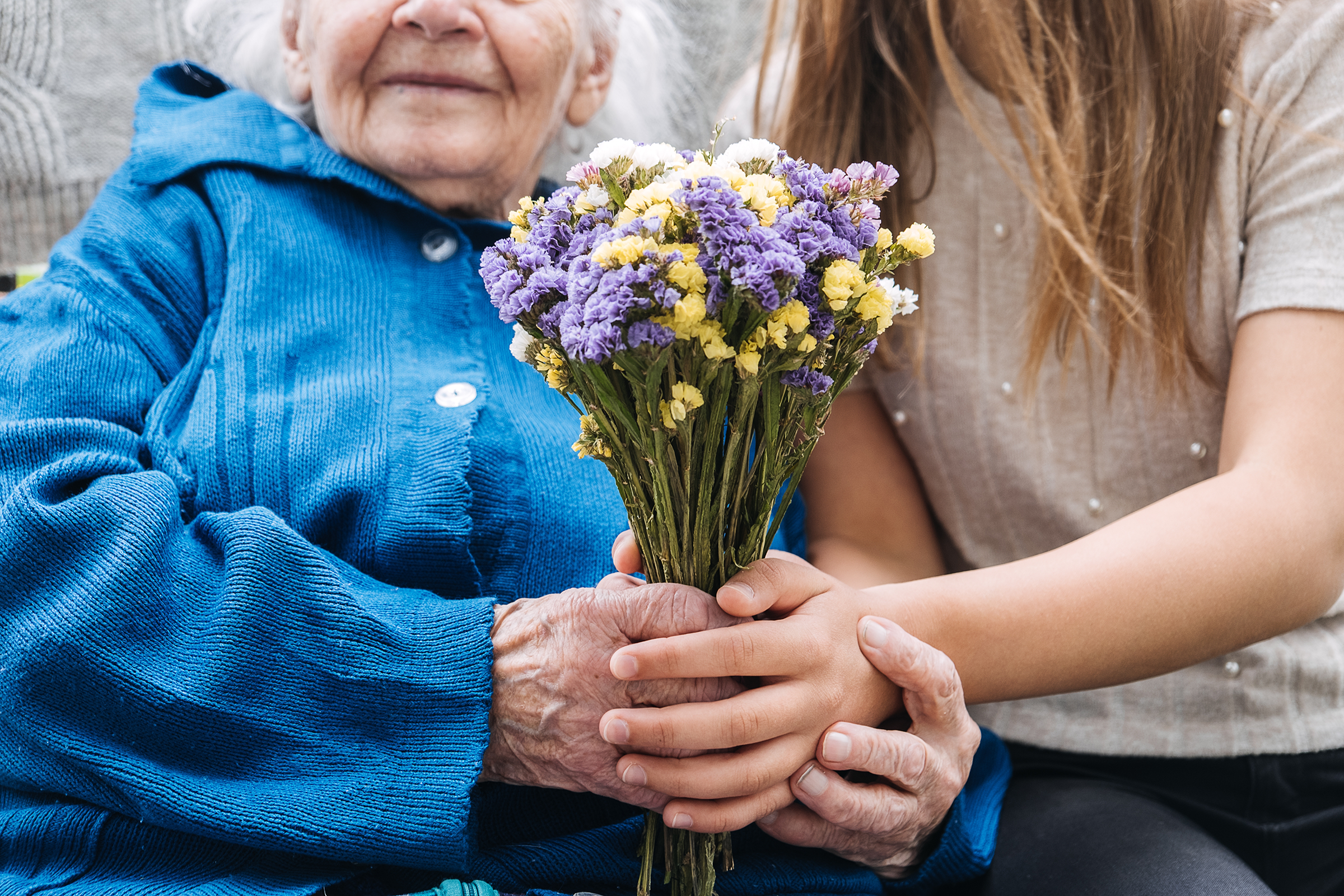An important issue facing Aged Residential Care (ARC) institutions is the question of how to work with people who lack capacity to make decisions.

Dr Mark Fischer published an audit of ARC facilities in Auckland in 2018 that found that 65 per cent of ARC residents lacked capacity to consent to their residence in the ARC facility and only 37.1 per cent of residents without capacity to consent to living in that facility, had proper evidence of having a legal authority in place. In the intervening years ARC facilities have put significant work into addressing this problem but there is still more to do.
Alison Douglass summarises the legal framework that we have for making decisions for these people:
The PPPR Act permits a person with capacity to appoint an Enduring Power of Attorney (EPOA), to make financial, health and welfare decisions should they later lose their capacity and it confers statutory jurisdiction on the Family Court to make substitute decisions concerning the welfare and property of people lacking capacity or to appoint a welfare guardian or property manager (a Deputy under the MCA) to make decisions on their behalf. Decisions for individuals who lack capacity are ideally made by an enduring power of attorney, a Court-appointed Welfare Guardian or guided by an advance directive.
Douglass further discusses how Right 7(4) from the code of rights from the code of rights is used controversially for making decisions in the absence of any of the mechanisms above and the significant issues that are raised by that approach.
A not uncommon scenario is that a person is admitted from the community acutely to hospital and is found to lack capacity. If they do not have an EPOA, or a Welfare Guardian in place and have no family or friends willing to take on that role, clinicians wishing to transfer their care to residential care, are placed in a difficult position. The ideal option is to find someone willing to act as a Welfare Guardian but there are significant numbers of people who do not have anyone willing to do this for them.
A court order can be applied for to approve the initial decision of the Subject Person’s transfer to residential care but that does nothing to allow for their ongoing care, and there can also be significant delays in getting such an order through the court.
In the context of acute public hospital beds being in high demand there is anecdotally increasing reliance on Right 7(4). In the past this has been managed informally in some centres by the clinicians or courts being aware of suitable individuals who are willing to volunteer as a Welfare Guardian. This approach has proved to be inadequate to resolve the problem in Wellington.
The Wellington Welfare Guardianship Trust is a charitable trust established to recruit, approve, and train suitable volunteers to apply to be Court-appointed Welfare Guardians for people who are unable to make, or communicate, decisions for themselves. Once appointed the Trust provides on-going support for the volunteers.
The Trust consists of a Board who bring various fields of expertise and experience to ensure the Trust’s aims are met. The current Trustees have expertise in social work, general practice, family law practice, family court processes and health and disability issues.
The Trust Co-ordinator receives requests for volunteers from a range of people including hospital social workers, lawyers, rest home managers and family members who live outside the local area or are unable/unwilling to act as a Welfare Guardian themselves.
Most requests for the appointment of a volunteer Welfare Guardian occurs when the Subject Person has no known relatives; when their relatives live in another part of New Zealand or overseas or when the person’s family cannot agree on which of them should be appointed.
The coordinator matches the needs of the subject person to a suitable volunteer and the Trust then supports the volunteer to apply to the Court for an Order appointing them the Welfare Guardian.
Once appointed by the Family Court the Welfare Guardian is the only person legally able to make decisions about the day-to-day care and welfare of their Subject Person, subject to the limitation on their powers prescribed by law. These may include decisions about non-urgent medical treatments and accommodation. The court orders may be tailored to specify what kinds of care and welfare decisions the welfare guardian make as the appointed decision-maker for the subject person.
The trustees meet monthly and as needed to interview prospective volunteers and provide support/ education sessions for volunteers. We have a volunteer administrator. The major costs we face are the costs of preparing and submitting applications to the court on behalf of our volunteers to become Welfare Guardians.
All the other work is done on a voluntary basis. We are currently unable to provide any Volunteer Welfare Guardian costs, such as travel costs.
Welfare Guardians are appointed for three years so any volunteer needs to be prepared to take on this length of commitment, limiting the pool of people who may be suitable. Each volunteer has a board member assigned to him or her as a first point of contact in case of any queries.
We were established in 2015 modelled on the successful Otago Welfare Guardianship Trust, which has been operating since 2011. We appointed our first Volunteer Welfare Guardians in April 2018. Otago developed the website welfareguardians.nz that has the public site providing information about the function of the trust and importantly the confidential site which enables the storage of all the relevant documents and the recording of details of visits to Subject Persons by Volunteers. This has been designed so that future regional Trusts can be added to the site easily.
In addition to Otago and Wellington other trusts have been established in Canterbury/West Coast Waikato and Whanganui, and the Wellington Trust supports volunteers in the Wairarapa. We had our first national meeting in July.
The work of the trusts to meet the need of people who lack capacity having no person able to be their Welfare Guardian can only ever be a stop gap. Clearly, there is no national coverage or public body that fulfils this role. Even within our region, our volunteers live too far away from some of the subject persons for it to be viable for them to offer assistance. There is no obligation to provide a volunteer. There may also be situations where the Trust cannot offer a volunteer due to being unable to find a suitable volunteer to match the request for a welfare guardian or, in some situations, not wishing to expose a volunteer to a family in conflict.
With increasing population and language diversity there will be more people who as they age either lose their fluency in English or were not fluent in the first place., thereby compromising their ability to communicate and to have culturally appropriate support through a welfare guardian. With aging baby boomers the small pool of volunteer welfare guardians will be a growing problem for the elderly. It is also a significant issue for people with intellectual disabilities who have been cared for solely by their parents who may well die before their children. Parents may face cognitive impairments themselves and difficulties in fulfilling the guardian role for their adult children.
The current arrangements are not satisfactory. We are hopeful that the law will be amended to address this in the near future. The Law Commission is currently doing a report He Arotake i te Ture mō ngā Huarahi Whakatau a ngā Pakeke Review of Adult Decision-making Capacity Law, and is consulting widely on this issue.
Any one interested in making submissions can contact them here.
Author: Dr Ben Gray, Chair Wellington Welfare Guardianship Trust, Wellington









